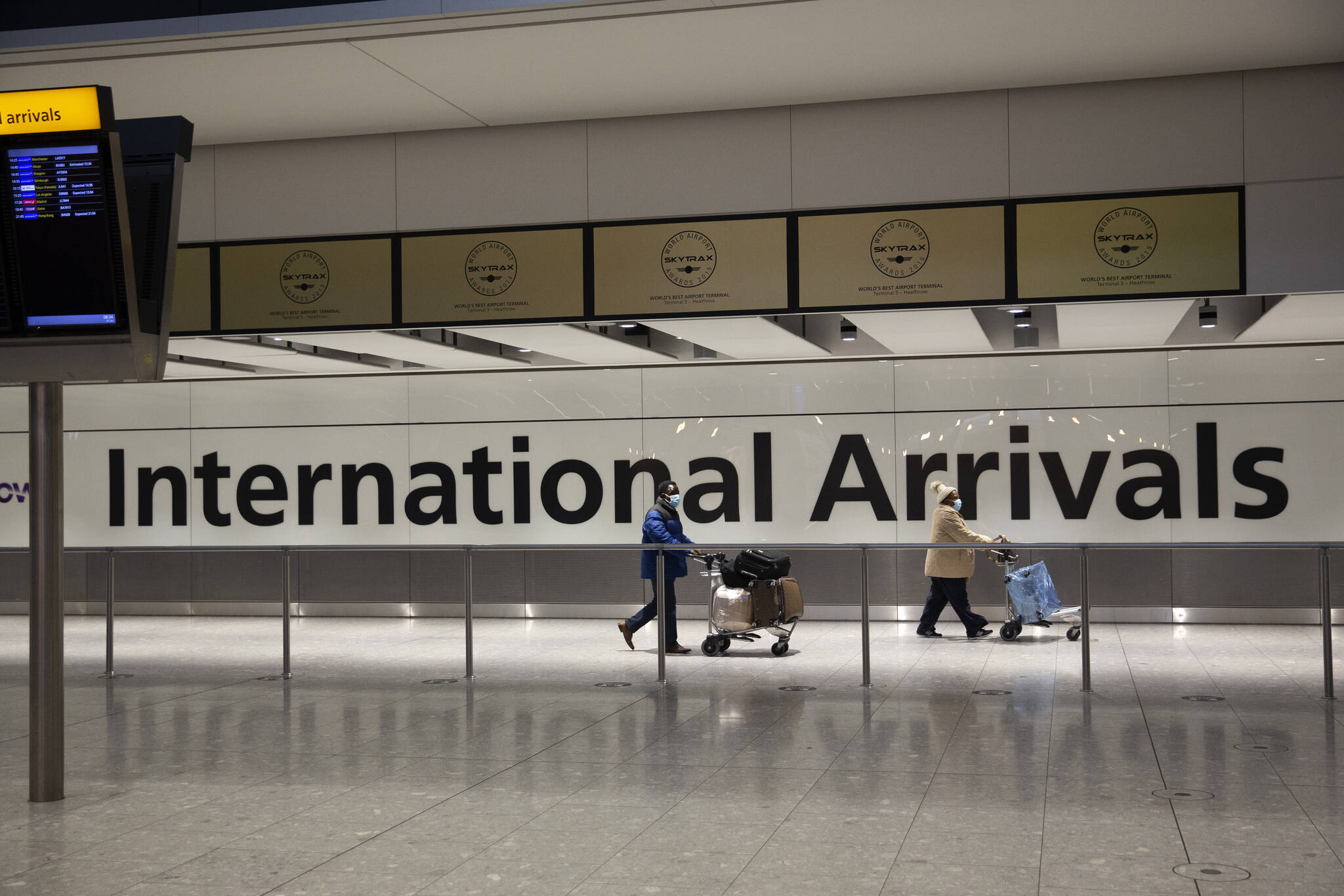Immigration is not to blame for housing shortages and medical care challenges. The problem is the lack of long-term planning, says Shelly D’Mello, CEO of the Inter-Cultural Association (ICA) of Greater Victoria.
D’Mello said the risk of assigning blame to immigrants in the current affordability crisis is that we will miss the real problems.
The ICA points to the dismantling of national housing policies in the 1980s and 1990s, which financed public and affordable housing projects.
D’Mello said dismantling these policies and projects was a precursor to today’s lack of affordable housing.
“To lay blame on immigration is to lay blame at a nation of immigrants,” said D’Mello, adding that immigrants have bought education, work experience, and tax revenues and have helped local communities thrive.
“Immigration helps to shift the scales in terms of an aging population and declining birth rates. In the ’80s, approximately six people worked for every retiree in Canada. It is predicted that by 2030, it will be three.”
Significant challenges exist for people wanting to call Canada home, including language barriers and skills such as medical experience needing to be recognized. Many highly trained professionals have to take up “survival jobs,” said D’Mello.
“As a society, we would rather close emergency rooms and hospitals than find a way to streamline and make international credential recognition accessible,” she said.
Other barriers include housing being one of the most significant issues, with 24 percent of immigrants living in overcrowded conditions compared to just six percent of Canadians.
D’Mello said the number of international students arriving in Canada needs to be managed, and closing off immigrants only works over time and leads to more economic instability.
“The statistics for recent immigrants show that they typically have higher levels of education, lower levels of unemployment, and do not receive more government support than non-immigrants,” she said.
The rise of some anti-immigration messages stems from fear and uncertainty, and the fear and uncertainty following the COVID-19 lockdowns have left people scared.
“Fear can be fertile ground for those who want to lay blame with others, and immigrants have historically been an easy scapegoat to target,” said D’Mello.
These messages can have negative consequences for new arrivals and dull the spark of hope, determination, and a sense of belonging they had when they arrived.
“It hurts them to hear people blaming immigrants for problems that are not of their making. It’s important to know that immigrants chose to come to Canada to be part of something they believe in,” D’Mello said.
READ ALSO: B.C.’s population could reach almost 8 million by 2046: StatsBC
READ ALSO: Canada was warned 2 years ago immigration could pump up housing costs

